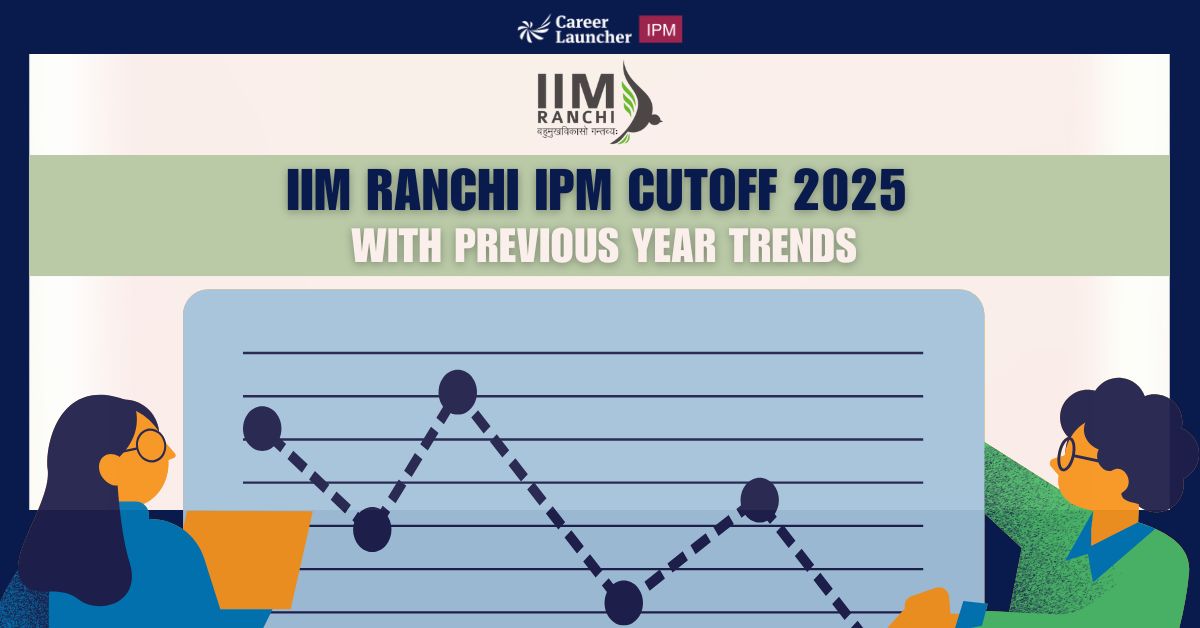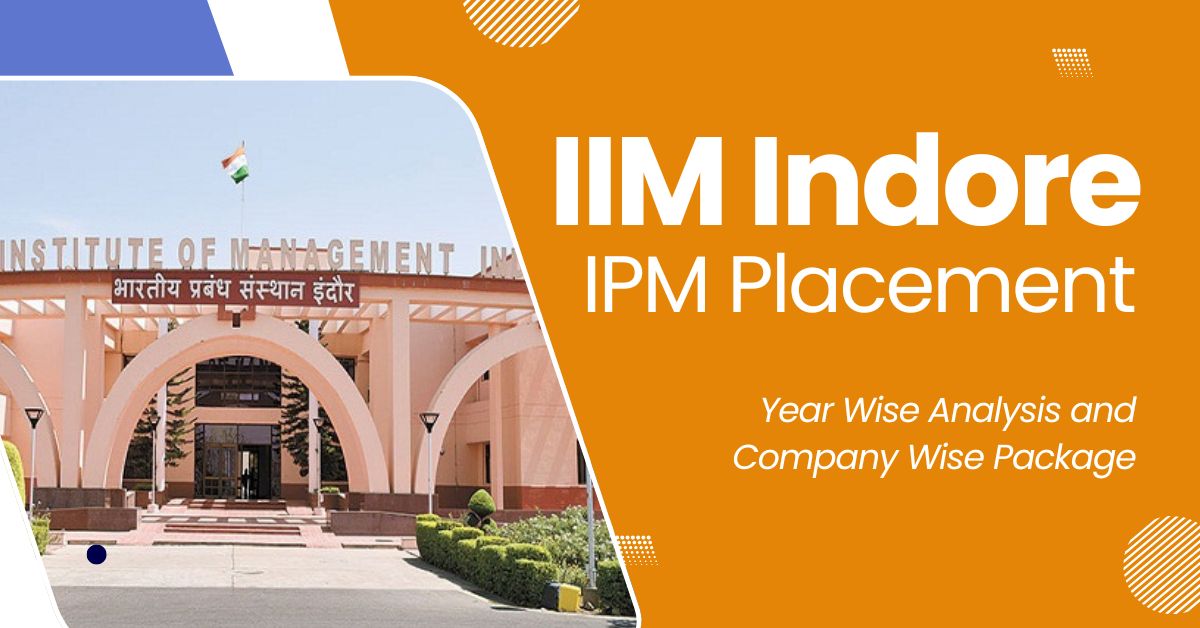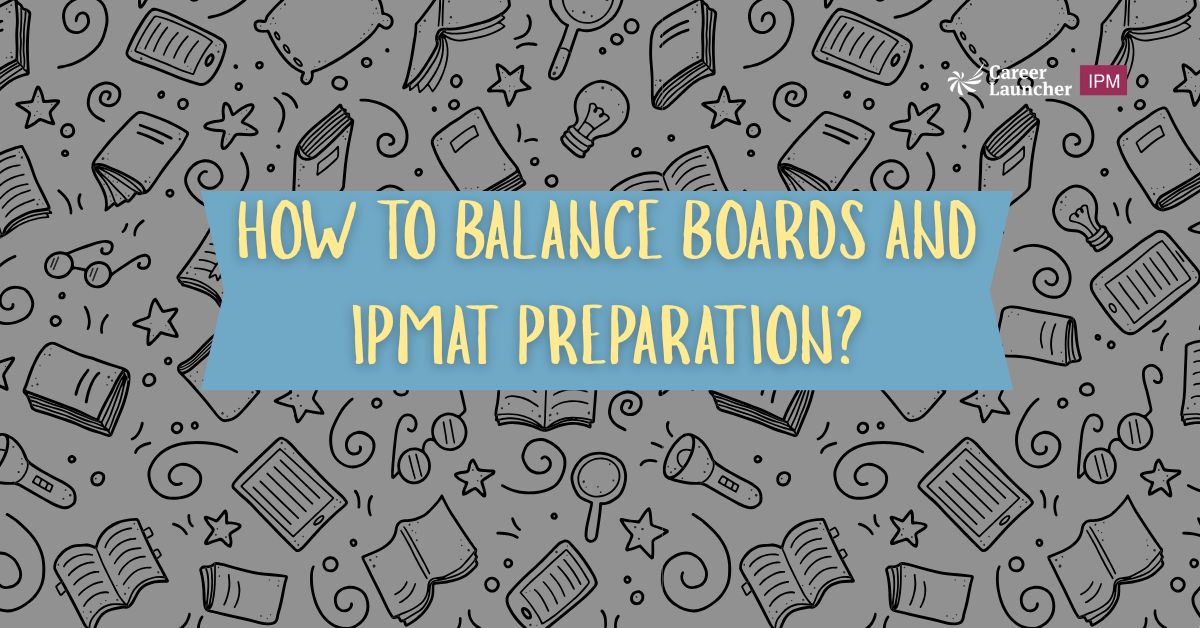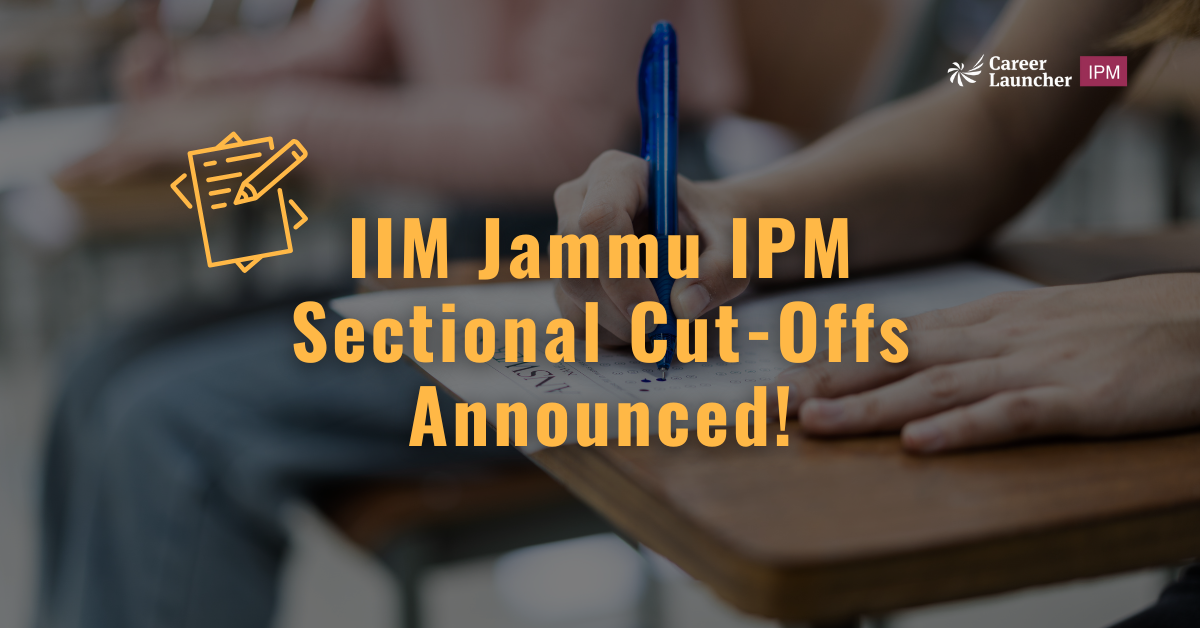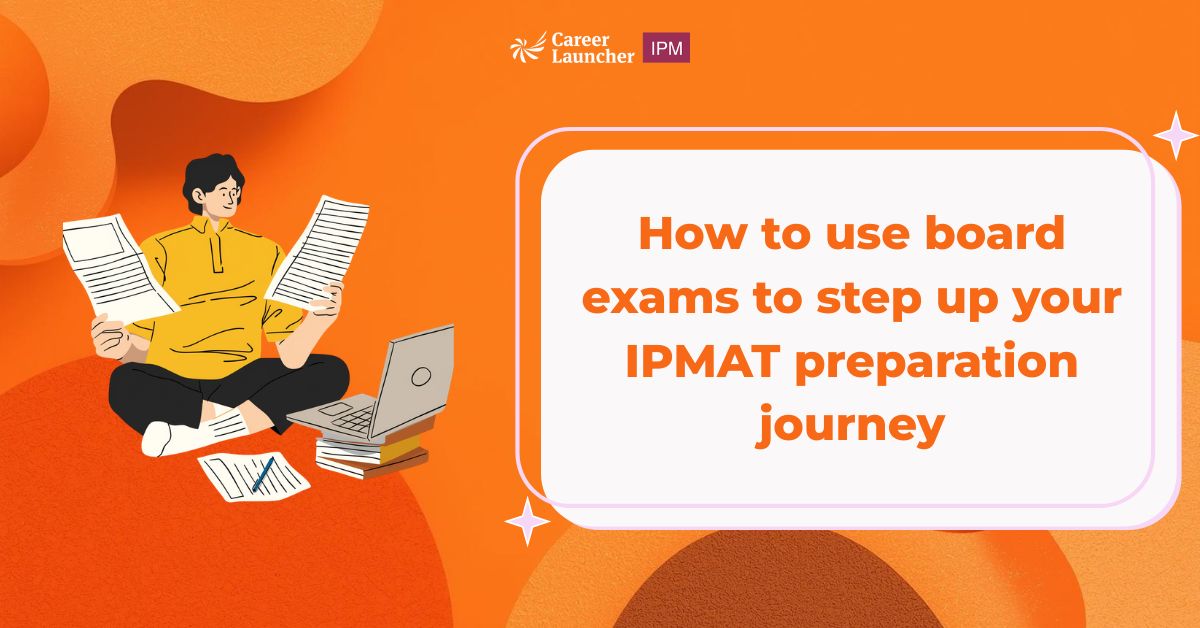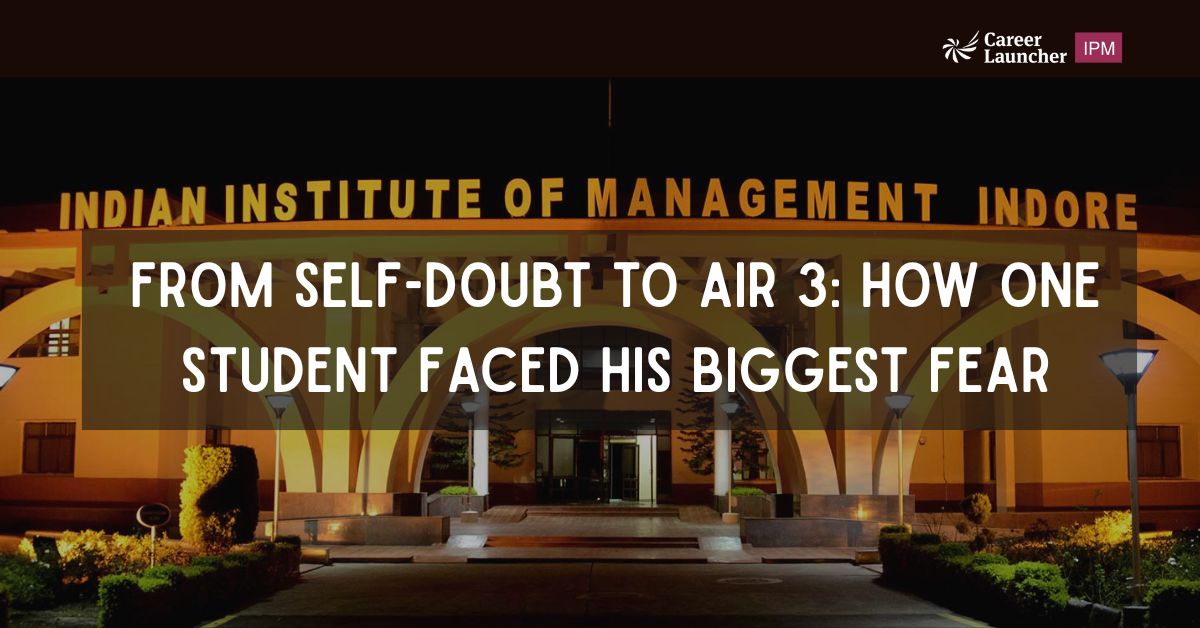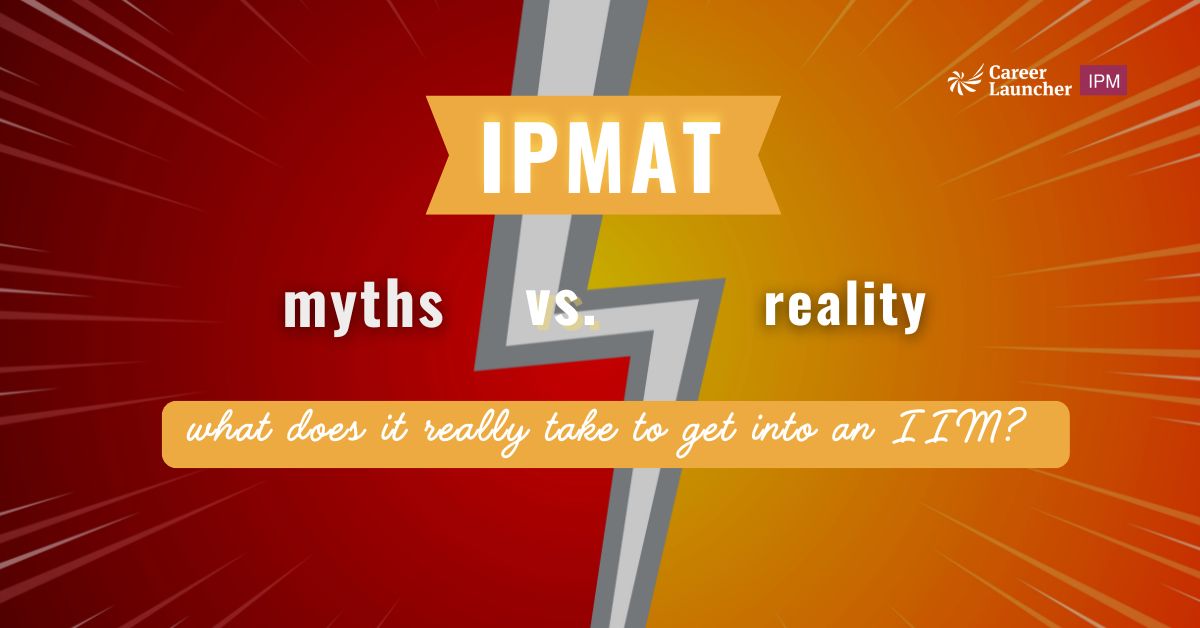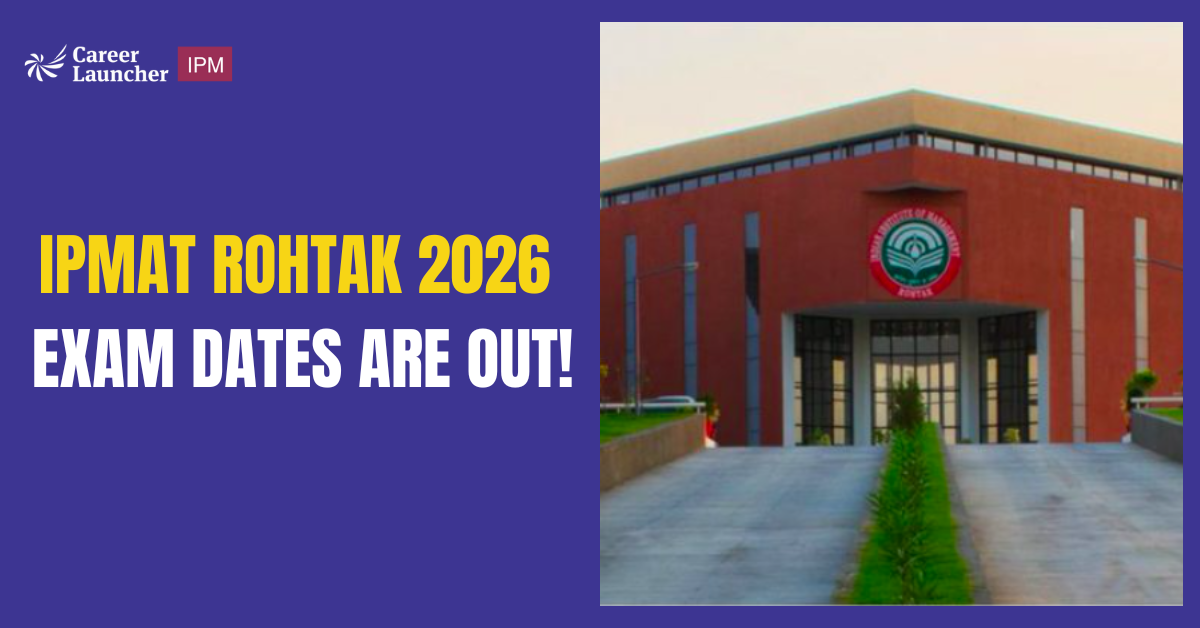The Integrated Program in Management (IPM) is a pioneering initiative offered by various esteemed institutions across India, providing a comprehensive five-year journey towards a business management degree.
While the program is designed to groom future leaders, circumstances may arise where students contemplate an exit before its completion. Understanding the concern, IIMs also provide the provision of various kinds of exit option in IPM IIM.
On this page, you will learn about the various exit options available across different institutes.
Table of Contents
Exit Option in IPM Course: Specific Institute Policies
Understanding the nuances of exit options from various IPM institutes is imperative for students. Here’s a glimpse into the policies of some prominent institutions:
IIM Indore IPM:
This institute permits voluntary exit after the third year, granting a BBA degree upon meeting academic requisites.
IIM Rohtak IPM:
Similarly, IPM Rohtak allows students to opt for voluntary exit after the third year by adhering to specified procedures. However, minimum CGPA requirements must be met for students seeking to exit.
IIM Ranchi IPM:
Students at IPM Ranchi can obtain a BBA degree upon exiting after completing the third year of the program.
IIM Jammu & Bodh Gaya IPM:
These institutes offer exit options with either a BBA degree or a certificate, contingent upon fulfilling the prescribed norms.
IIM Shillong IPM:
In case a candidate wishes to withdraw from the IPM, s/he is free to do so. S/he would be eligible to get a certificate (diploma) if s/he withdraws after the first (second) year, subject to fulfillment of prescribed requirements.
IIM Amritsar IPM:
The Institute provides an option to exit the program in 3 years with a BSQFE (Bachelor of Science in Quantitative Finance and Economics) degree.
IIM Sirmaur BMS:
IIM Sirmaur offers the BMS Programme, which is a 4-year programme with exit options every year.
IPM Course: Sabbatical Option
In addition to conventional exit routes, some IPM institutions, such as IPM Indore, provide students with the option of taking a sabbatical leave for a defined duration, typically up to two years, between the third and fourth years of the program. This provision enables students to address personal or professional commitments without entirely severing ties with the program.
Why Do These Institutes Provide Exit Options?
Since the introduction of the New Education Policy, 2020, major changes in the education system have been fostered to provide a better learning structure.
About NEP 2020
The system now focuses more on skill development and strives to eliminate the conventional stereotypes in our education system.
The policy has influenced the IPM course by inculcating a multiple exit option with certification for students. e.g.,
- A certificate after completing 1 year in a discipline or field, including vocational and professional areas
- A diploma after 2 years of study
- A Bachelor’s degree after a 3-year programme.
ABC (Academic Bank of Credits)
The Policy has also established ABC (Academic Bank of Credits), which would digitally store the academic credits, and degrees can be awarded, taking into account the credits earned.
The 4-year programme will lead to a “degree with research”.
Undertaking a Ph.D. shall require either a Master’s degree or a 4-year Bachelor’s degree with Research.
Navigating Exit Choices
While the aforementioned information offers a broad overview of exit options from the IPM program, it’s imperative to acknowledge that each institute maintains its unique exit policy, eligibility criteria, and deadlines. For accurate and up-to-date details, prospective students are strongly advised to refer to the official websites or directly communicate with the admission offices of their preferred institutions.}
Benefits of Exit Options From the IPM Course
Surely, it is a strategic decision. Let’s understand how students can benefit from this-
- Willingness to Work- Students sometimes feel the readiness to earn. Such students prefer to put a halt to their studies and work for growth and various other reasons..
- Financial Load bifurcates- Students who wish to finance their own education can do so by taking a sabbatical.
- Personal Needs- Catering to personal or familial needs sometimes becomes a necessity. With the exit option, students can fulfill that need.
- Address your dilemma- Oftentimes, candidates are not sure of their career trajectory. It’s good to explore various career alternatives, and the exit option provides you with that leverage.
- Mental Relief- Long-term commitment might seem overwhelming to many, but an exit option prevents such exhaustion.
Points to Remember Before Exiting
Exit options can be a wise course of action, if you keep in mind the following points before making “the final decision”-
- Backup Plan- Have a strategic approach and know your backup plan before taking an exit.
- Comeback- Keep an estimate of when you will come back to continue the programme.
- Exit Policy- Know your college’s exit policy. Read it thoroughly and plan accordingly.
IPM Eligibility
Each IIM or conducting body lays out a clear IPM and IPMAT eligibility criteria, ensuring a straightforward application process for prospective candidates:
- High School Education Completion: Candidates must have completed their high school education. This serves as a foundational requirement for pursuing higher studies within the IPM framework.
- Minimum 10+2 Examination Score: A minimum score of 60% in the 10+2 examinations is required for eligibility. This criterion ensures that candidates possess the academic aptitude necessary to thrive in the rigorous IPM curriculum.
- Final-Year Students Eligibility: Prospective students in their final year of high school, awaiting examination results, are also eligible to apply. This inclusion allows for the consideration of students on the brink of completing their secondary education.
IPM Admission Process
The admission process for IPM at IIMs is designed to be transparent and efficient, comprising the following steps:
Step 1: Application Submission
- Interested candidates must submit their applications through the institute’s online Portal.
- This marks the initial step for candidates to officially express their intent to join the IPM.
Step 2: Aptitude Test (AT)
- Shortlisted candidates are invited to undertake an Aptitude Test, including exams like the IPMAT.
- This test evaluates proficiency in quantitative ability, verbal ability, and short-answer quantitative ability.
Also check: JIPMAT exam
Step 3: Personal Assessment (PA)
- Successful candidates from the Aptitude Test proceed to the Personal Assessment round.
- Here, applicants are assessed on a more personal level, considering factors beyond academic performance.
Step 4: Selection
- Based on combined scores from the Aptitude Test and Personal Assessment, candidates are selected for admission.
- The process is merit-based, aiming to identify top performers across different categories.
Step 5: Final Selection
- The final selection of candidates is determined based on their Composite Score (CS).
- This holistic approach ensures that deserving candidates showcasing a blend of academic excellence, aptitude, and personal attributes are offered admission to the prestigious IPM program.
In summary, the IPM admission process prioritizes clarity, fairness, and meritocracy, providing aspiring students with a platform to embark on their management education journey.
IPM Course: Voluntary and Involuntary Exit
In most cases, institutions administering the IPM program adhere to a dual-track approach for exits:
-
Voluntary Exit:
Students have the liberty to withdraw from the program after completing a designated number of years, typically after the third year. This voluntary exit often leads to the conferral of a Bachelor’s degree (BBA) in Business Administration.
-
Involuntary Exit
On the other hand, involuntary exits may result from academic underperformance or disciplinary issues. The repercussions vary based on the specific policies of each institution.
Conclusion
The Integrated Program in Management presents an innovative educational pathway, fostering the development of future business leaders. However, recognizing the existence of exit options is essential for students who may encounter circumstances necessitating a departure from the program. By familiarising themselves with the exit policies of different IPM institutes, students can make informed decisions regarding their academic journey and career aspirations. Ultimately, understanding exit options empowers students to navigate their educational trajectory with confidence and clarity.



